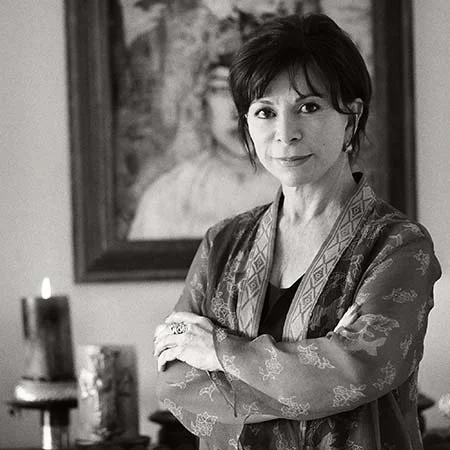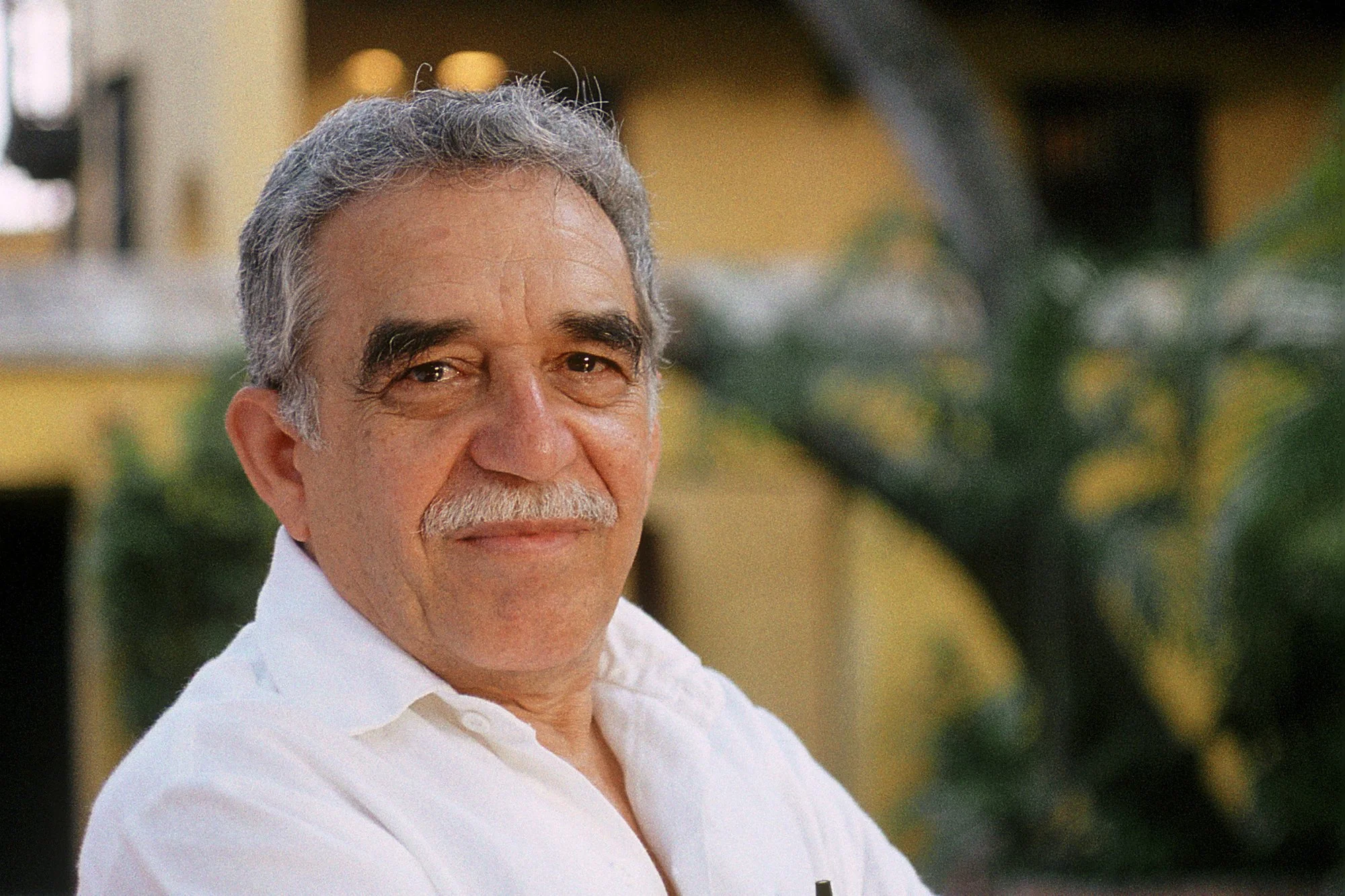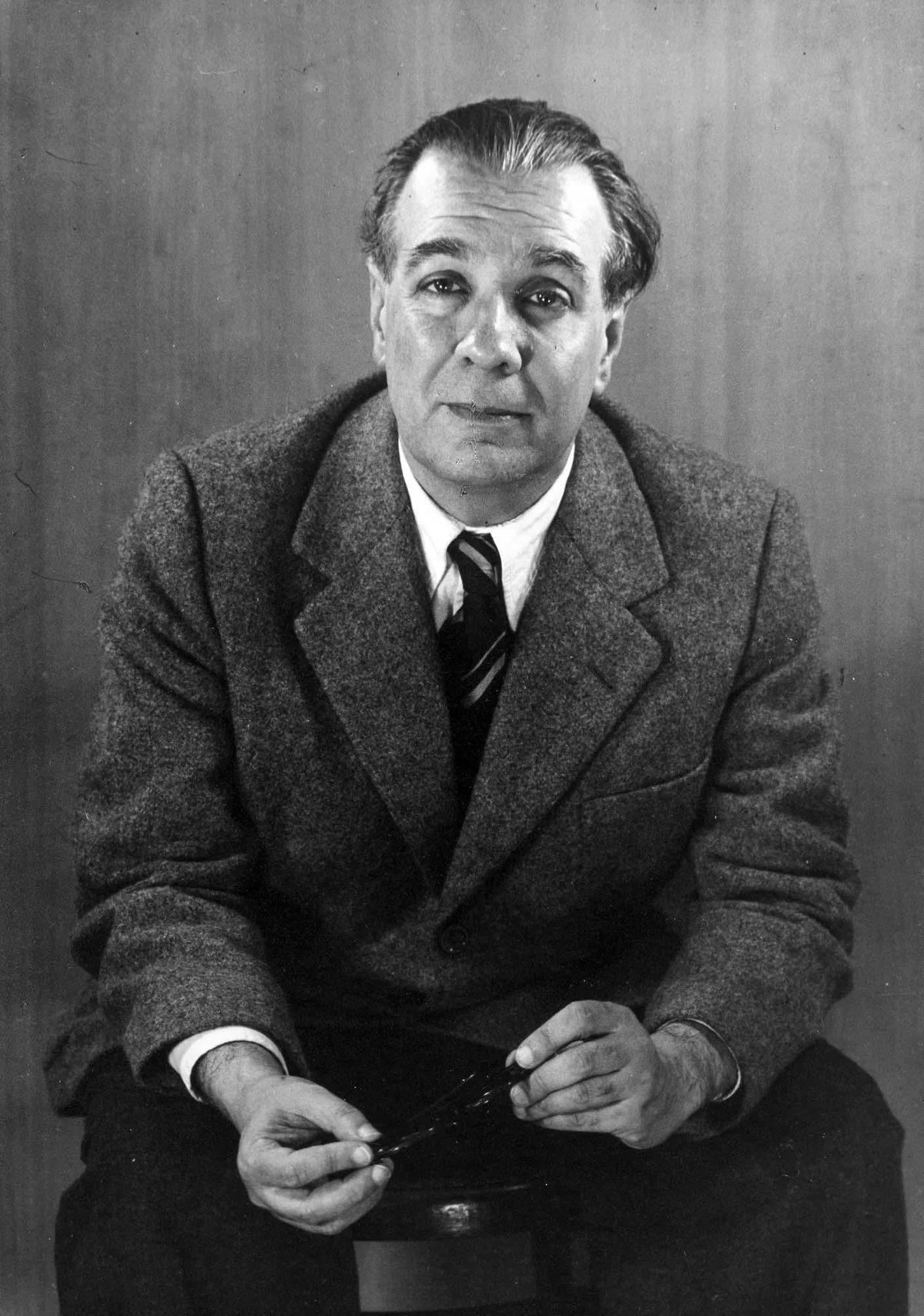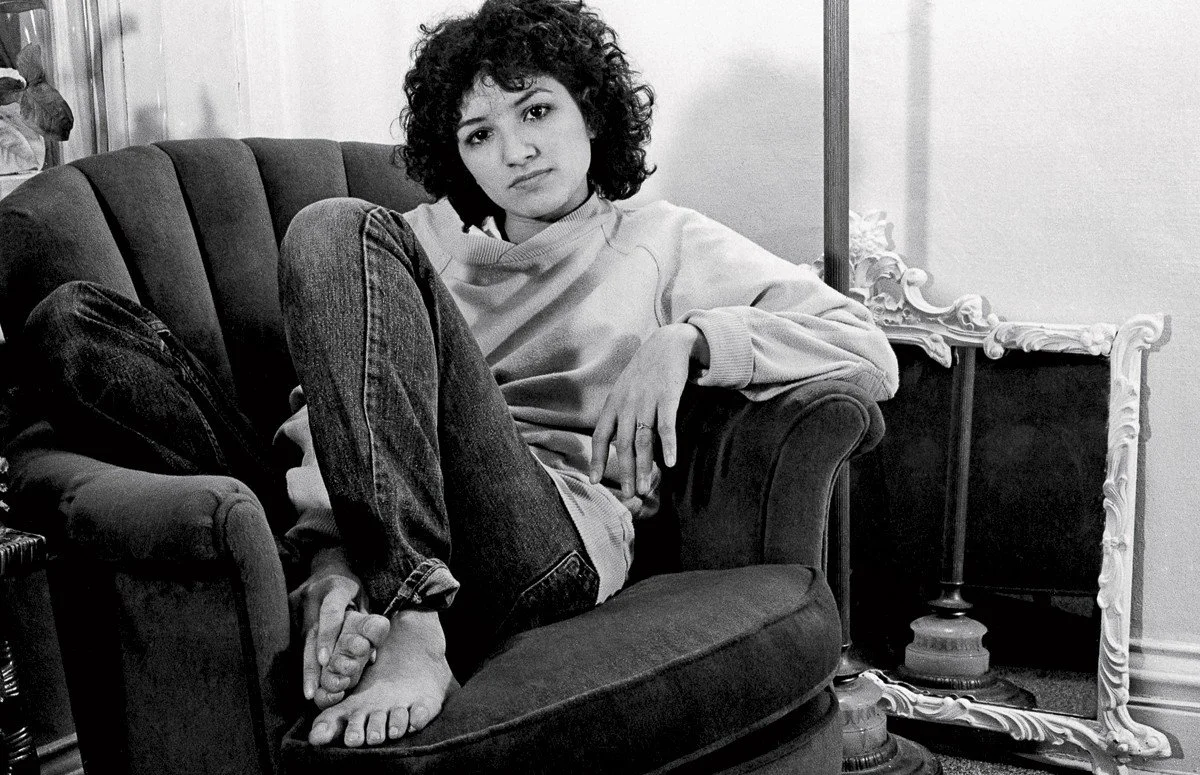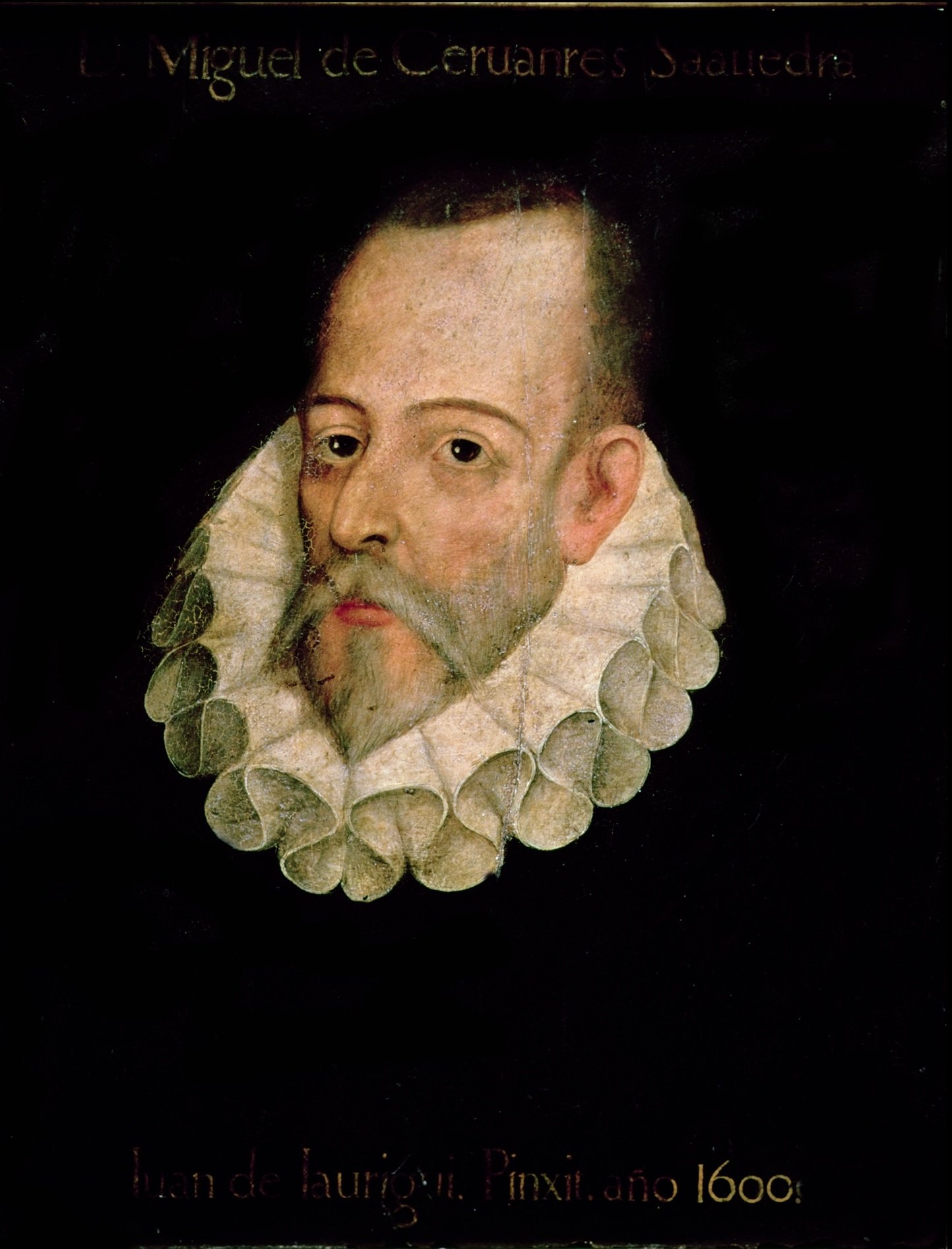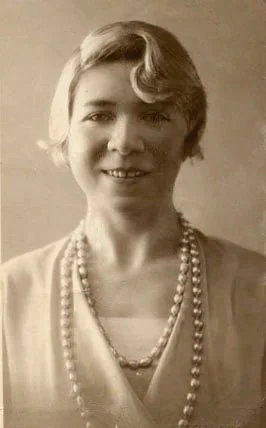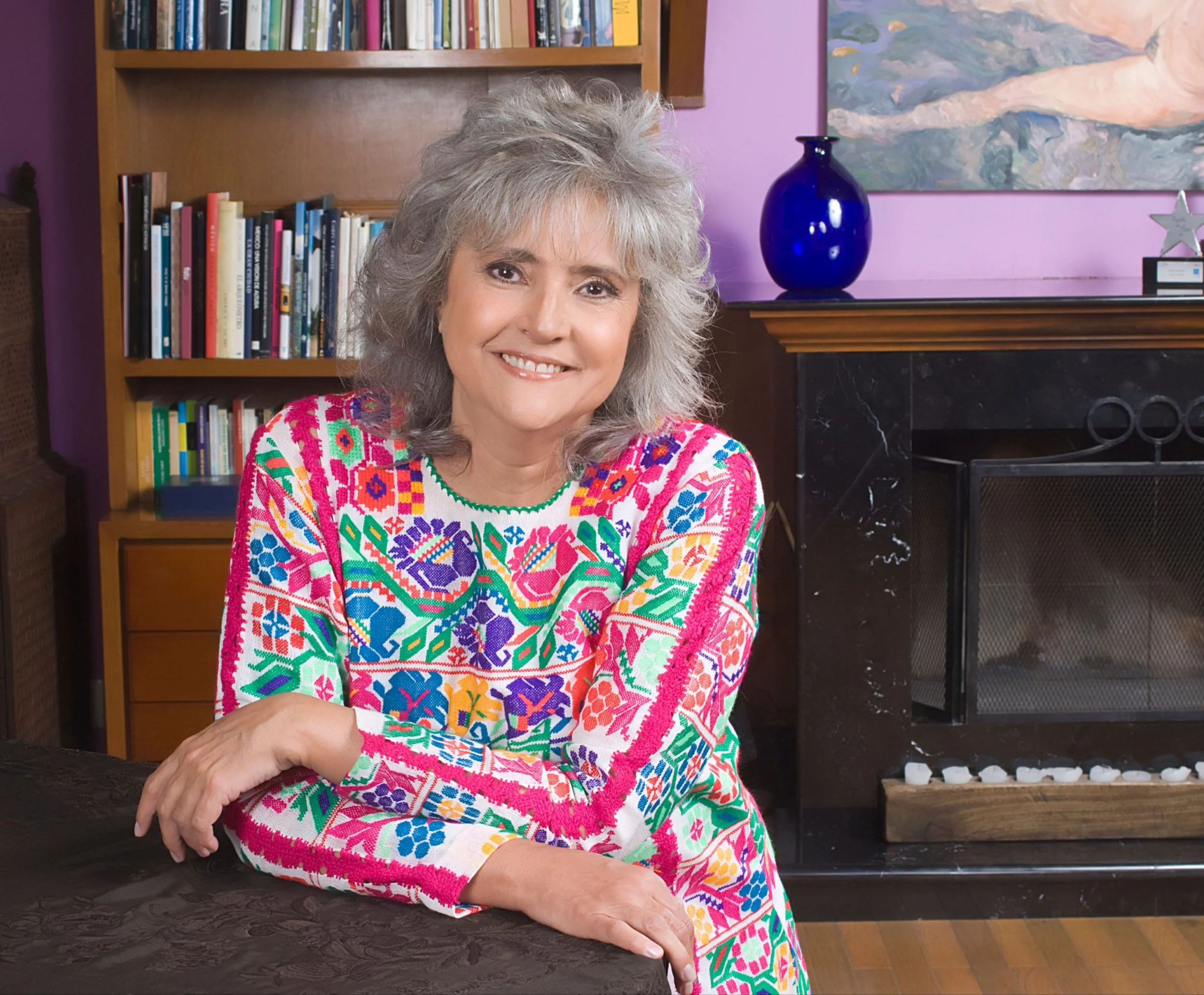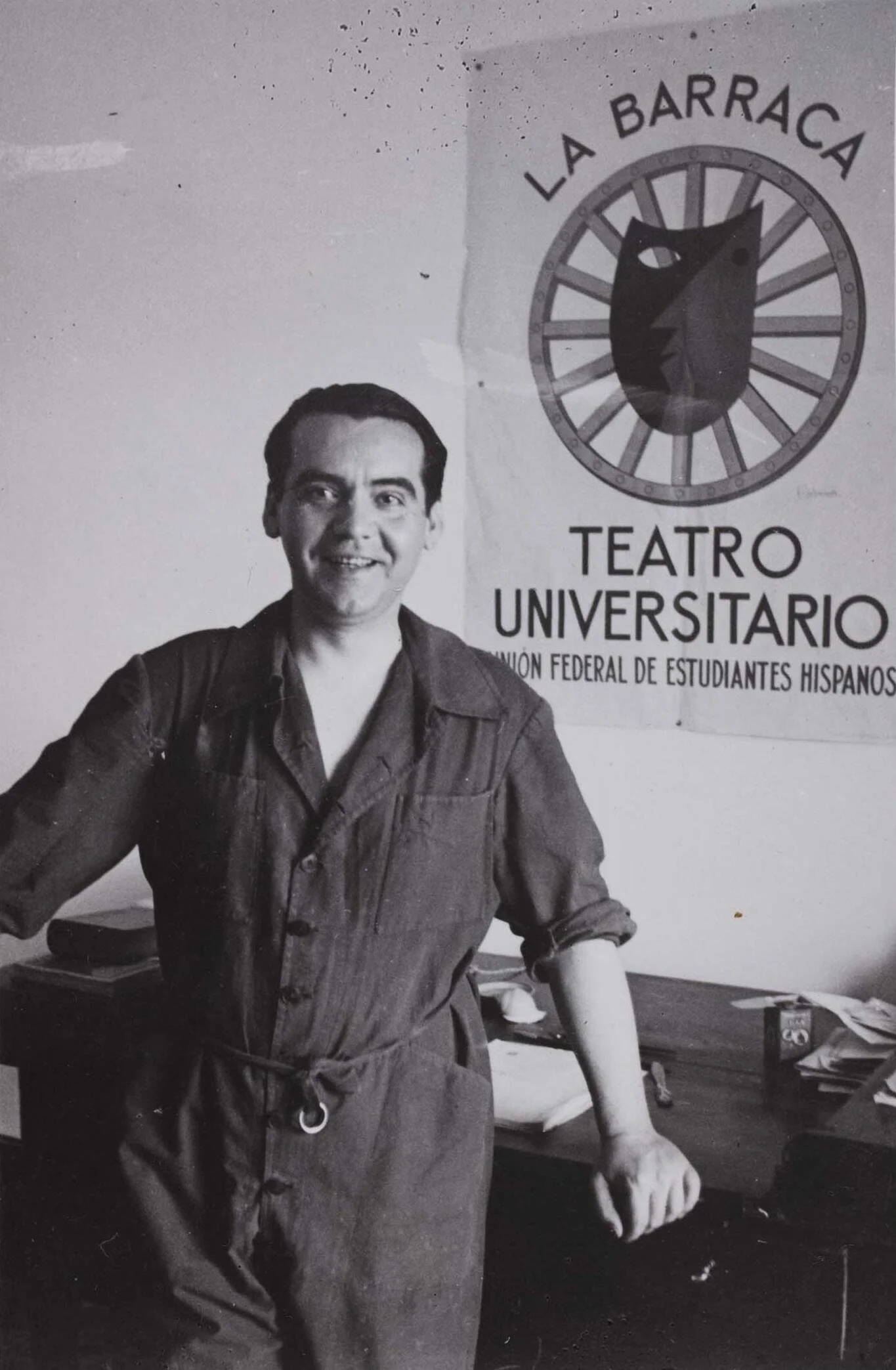Famous Hispanic Authors
16 Famous Hispanic Authors
I want to note that I do not get paid to do these posts, I just love authors and the book industry. However, they do take time and energy to create. If you want to donate a few dollars to my coffee fund, which keeps this blog going, you can do so here: https://venmo.com/AshleyHasty or here: http://paypal.me/hastybooklist.
The Spanish language and its literary tradition are among the richest and most vibrant in the world, offering a tapestry of cultures, histories, and voices that span continents and centuries. Spanish, spoken by over 460 million people as a first language and millions more as a second language, is the second most spoken language globally. This linguistic diversity is reflected in the literature produced by Hispanic authors, who hail from various regions, each with its own unique dialects, colloquialisms, and cultural influences.
Many Hispanic authors exhibit a remarkable ability to seamlessly blend English and Spanish in their works, capturing the essence of the bilingual and bicultural experience. This linguistic fusion reflects the complexity of the Hispanic diaspora and the intersectionality of identities. Authors masterfully weave both languages into their narratives, creating a linguistic dance that enhances the richness and authenticity of their storytelling. This blending is not just about language; it becomes a narrative device, a reflection of the characters' inner worlds, cultural conflicts, and the interconnectedness of diverse communities.
Hispanic authors bring a unique perspective to literature, often exploring themes such as identity, migration, cultural clashes, and the complexities of navigating multiple linguistic and cultural landscapes. Their storytelling is a testament to the resilience, diversity, and depth of the Hispanic experience. Whether addressing historical events, social issues, or personal narratives, Hispanic authors contribute immensely to the global literary canon, offering readers insights into worlds shaped by both Spanish and English languages.
Below I’m highlighting 10 books by hispanic authors.
10 Famous Hispanic Authors
Isabel Allende (Chile):
Renowned for works like "The House of the Spirits," blending magical elements with historical fiction. (Click here for more historical fiction authors.)
The House of the Spirits
"The House of the Spirits" by Isabel Allende follows three generations of the Trueba family, chronicling their triumphs and tragedies. The patriarch, Esteban, is a proud and volatile man with a fervent pursuit of political power, balanced by his love for his mystical wife, Clara. The story unfolds as their daughter Blanca engages in a forbidden love affair, leading to the birth of Esteban's cherished granddaughter, Alba. The narrative explores themes of love, defiance, and political upheaval as Alba emerges as a strong-willed figure destined to guide both her family and country into a revolutionary future. Allende's debut novel establishes her as a gifted storyteller, capturing the complexities of familial relationships against a backdrop of historical and political change.
Gabriel Garcia Márquez (Colombia):
Nobel Prize-winning author known for magical realism in "One Hundred Years of Solitude," a New York Times bestseller.
One Hundred Years of Solitude
"One Hundred Years of Solitude" by Gabriel Garcia Marquez stands as one of the most influential literary works, a dazzling and original achievement by the Nobel Prize-winning author. The novel unfolds the tale of the rise and fall, birth and death of the mythical town of Macondo, intricately woven through the history of the Buendía family. With inventiveness, amusement, magnetism, and a blend of sadness, the narrative comes alive with unforgettable characters. Brimming with truth, compassion, and a lyrical magic that resonates with the soul, this masterpiece in the art of fiction remains a timeless exploration of the human experience.
Jorge Luis Borges (Argentina):
Influential short story writer and essayist, known for his philosophical and surreal works.
The Aleph and Other Stories
The collection of stories by Jorge Luis Borges is replete with philosophical puzzles and supernatural twists, featuring some of Borges's most intricately developed human characters. The narratives delve into the minds of diverse individuals, including an unrepentant Nazi, an imprisoned Mayan priest, fervent Christian theologians, a woman plotting vengeance against her father's "killer," and a man anticipating his assassin in a Buenos Aires guest house. In addition to these stories, the volume includes brief, haunting vignettes exploring literary imagination and personal identity, known as "The Maker." Borges penned these pieces as his failing eyesight and growing public fame began to erode his sense of self, adding a reflective and introspective dimension to the collection.
Sandra Cisneros (Mexican American):
Best known for "The House on Mango Street," exploring the Chicana experience.
The House on Mango Street
"The House on Mango Street" is a celebrated coming-of-age classic, highly regarded by critics and beloved by readers of all ages. Penned by Sandra Cisneros, the novel tells the remarkable story of Esperanza Cordero, a young Latina girl navigating her upbringing in Chicago and crafting her own identity. The narrative unfolds through a series of vignettes, each capturing moments that are at times heart-wrenching and deeply joyful. Recognized with the 2019 PEN/Nabokov Award, winning for Achievement in International Literature, Cisneros' masterpiece stands as a timeless tale of childhood and self-discovery, leaving a profound impact on a wide audience and earning its place in schools and universities globally.
Julia de Burgos (Puerto Rico):
A Puerto Rican poet and civil rights advocate whose works explore themes of feminism and national identity.
Song of the Simple Truth
"Song of the Simple Truth (Canción de la verdad sencilla)" marks the first bilingual edition of Julia de Burgos' complete poems, comprising over 200 verses. This edition is a literary milestone, being the first time her poems have been presented in a comprehensive collection in both English and Spanish. Some of the poems included were previously lost and are now published for the first time. Julia de Burgos, through her poetry, achieved a unique fusion of a romantic temperament with sharp political insights, breaking new ground in the genre. A crucial read for poetry enthusiasts and feminists alike, this collection showcases de Burgos' significant contributions to literature and provides a comprehensive exploration of her poetic legacy.
Miguel de Cervantes (Spain):
Author of "Don Quixote," considered one of the greatest works of literature.
Don Quixote
In "Don Quixote," the protagonist becomes so captivated by tales of chivalry that he decides to embark on his own adventures as a knight errant. Accompanied by his faithful squire, Sancho Panza, their exploits unfold in whimsical and sometimes fantastical ways. Quixote's vivid imagination often leads him astray, such as mistaking windmills for giants, while Sancho gains cunning and sagacity through their journey. Together, they form a duo of a sane madman and a wise fool, leaving a lasting impact on readers' imaginations for nearly four centuries. Recognized as the first modern novel for its experimental form and literary playfulness, "Don Quixote" is presented in this Penguin Classics edition with John Rutherford's masterful translation, capturing the energy and wit of Cervantes's prose. The edition also features a insightful critical introduction by Roberto Gonzalez Echevarriá.
Mario Vargas Llosa (Peru):
A prolific writer and Nobel laureate, known for works like "The Feast of the Goat" and "Aunt Julia and the Scriptwriter."
The Feast of the Goat
In "The Feast of the Goat," Nobel Prize-winning author Mario Vargas Llosa presents a powerful narrative capturing the end of a regime and the emergence of a tumultuous democracy. This acclaimed work is hailed as a masterpiece of Latin American literature, and one of the most exceptional political novels ever written. The story unfolds as the historical figure Rafael Trujillo, a depraved and ailing dictator known as the Goat, exercises control through violence and blackmail over the Dominican Republic. The novel provides a voice to both the historical Trujillo and the victims, shedding light on the innocent and complicit individuals ensnared in his deadly reign. The protagonist, Urania Cabral, haunted by a lifetime of fear and emptiness, returns to the Dominican Republic, reliving the events of 1961 when Trujillo's grip on the nation began to falter. As a Machiavellian revolution takes shape, conspiracies against Trujillo surface, foretelling the inevitable and bloody consequences of a regime in decline.
Alfonsina Storni (Argentina):
A prominent modernist poet addressing feminist themes.
Alfonsina Storni: Selected Poems
"This collection is painful, disturbing, and rewarding. Freeman and three other translators transform Storni's razor-sharp poetry into English versions that invite constant rereading. This is a poetry of fatal beauty that leads toward unavoidable death, but not before freeing the poet to leave everything she can behind."--Ray Gonzalez, Bloomsbury Review
Laura Esquivel (Mexico):
Author of "Like Water for Chocolate," blending magical realism with culinary traditions.
Like Water for Chocolate
In this classic love story set on the De la Garza ranch, the narrative unfolds as Mama Elena, the tyrannical owner, prepares for the birth of her daughter. While Mama Elena chops onions during her final days of pregnancy, the unborn child, Tita, weeps so intensely that she triggers premature labor. Born amid the spices and ingredients for noodle soup, Tita's initial encounter with food shapes her destiny. As she grows, Tita evolves into a master chef, using cooking as a means of self-expression. Throughout the story, she shares recipes with readers, turning her culinary skills into a form of communication and a central aspect of her life.
Junot Díaz (Dominican Republic/United States):
Author of "The Brief Wondrous Life of Oscar Wao," exploring the Dominican-American experience. He won the Pulitzer Prize in 2008 for this title, he is also a National Book Award finalist. He also has a children’s books called Islandborn.
The Brief Wondrous Life of Oscar Wao
"The Brief Wondrous Life of Oscar Wao" introduces us to Oscar, a lovable but severely overweight ghetto nerd with dreams of becoming the Dominican J.R.R. Tolkien and finding love. Residing in New Jersey with his old-world mother and rebellious sister, Oscar's aspirations are complicated by the fukú, a generational curse haunting his family's journey from Santo Domingo to the USA. This novel encapsulates Dominican-American history, providing a poignant and vivid portrayal of the contemporary American experience. Through the lens of Oscar's life, the narrative explores the profound human capacity to persevere and take risks, especially in the pursuit of love, amidst the challenges posed by the fukú curse.
Octavio Paz (Mexico):
Nobel Prize-winning poet and essayist, exploring existential and political themes.
The Labyrinth of Solitude
Octavio Paz has long been acknowledged as Mexico's foremost writer and critic. In this international classic, Paz has written one of the most enduring and powerful works ever created on Mexico and its people, character, and culture. Compared to Ortega y Gasset's The Revolt of the Masses for its trenchant analysis, this collection contains his most famous work, "The Labyrinth of Solitude," a beautifully written and deeply felt discourse on Mexico's quest for identity that gives us an unequaled look at the country hidden behind "the mask." Also included are "The Other Mexico," "Return to the Labyrinth of Solitude," "Mexico and the United States," and "The Philanthropic Ogre," all of which develop the themes of the title essay and extend his penetrating commentary to the United States and Latin America.
Laura Esquivel (Mexico):
Author of "Like Water for Chocolate," blending magical realism with culinary traditions.
Like Water for Chocolate
This classic love story takes place on the De la Garza ranch, as the tyrannical owner, Mama Elena, chops onions at the kitchen table in her final days of pregnancy. While still in her mother's womb, her daughter to be weeps so violently she causes an early labor, and little Tita slips out amid the spices and fixings for noodle soup. This early encounter with food soon becomes a way of life, and Tita grows up to be a master chef, using cooking to express herself and sharing recipes with readers along the way.
Gloria Anzaldúa (United States):
A Chicana feminist scholar and author of "Borderlands/La Frontera."
Borderlands/La Frontera
Rooted in Gloria Anzaldúa’s experience as a Chicana, a lesbian, an activist, and a writer, the essays and poems in this volume profoundly challenged, and continue to challenge, how we think about identity. Borderlands/La Frontera remaps our understanding of what a “border” is, presenting it not as a simple divide between here and there, us and them, but as a psychic, social, and cultural terrain that we inhabit, and that inhabits all of us. This edition, coming March 1, 2022, will be a more condensed edition, containing only the original text from 1987, and will be at a more accessible price point for readers. For those looking for a scholarly context to this crucial work, the Critical Edition is currently available.
Juan Rulfo (Mexico):
Novelist and short story writer, known for "Pedro Páramo."
Pedro Páramo
A masterpiece of the surreal that influenced a generation of writers in Latin America, Pedro Páramo is the otherworldly tale of one man’s quest for his lost father. That man swears to his dying mother that he will find the father he has never met—Pedro Páramo—but when he reaches the town of Comala, he finds it haunted by memories and hallucinations. There emerges the tragic tale of Páramo himself, and the town whose every corner holds the taint of his rotten soul. Although initially published to a quiet reception, Pedro Páramo was soon recognized as a major novel that has served as a touchstone text for writers including Mario Vargas Llosa and José Donoso. Now published in a new translation from the definitive Spanish edition by celebrated Rulfo scholar Douglas J. Weatherford, and featuring a foreword by Gabriel García Márquez, this new edition of the novel cements its place as one of the seminal literary texts of the twentieth century.
Rosario Castellanos (Mexico):
Poet, novelist, and essayist, addressing gender and indigenous issues.
The Book of Lamentations
Set in the highlands of the Mexican state of Chiapas, The Book of Lamentations tells of a fictionalized Mayan uprising that resembles many of the rebellions that have taken place since the indigenous people of the area were first conquered by European invaders five hundred years ago. With the panoramic sweep of a Diego Rivera mural, the novel weaves together dozens of plot lines, perspectives, and characters. Blending a wealth of historical information and local detail with a profound understanding of the complex relationship between victim and tormentor, Castellanos captures the ambiguities that underlie all struggles for power.
Federico García Lorca (Spain):
Playwright and poet, a key figure in Spanish literature of the 20th century.
Three Plays: Blood Wedding; Yerma; The House of Bernarda Alba
In these three plays, Federico García Lorca's acknowledged masterpieces, he searched for a contemporary mode of tragedy and reminded his audience that dramatic poetry―or poetic drama―depends less on formal convention that on an elemental, radical outlook on human life. His images are beautiful and exact, but until now no translator had ever been able to make his characters speak unaffectedly on the American stage. Michael Dewell of the National Repertory Theatre and Carmen Zapata of the Bilingual Foundation of the Arts have created these versions expressly for the stage. The results, both performable and readable, have been thoroughly revised for this edition, which has an introduction by Christopher Maurer, the general editor of the Complete Poetical Works of García Lorca.
When is Hispanic Heritage Month?
Hispanic Heritage Month, observed annually from September 15th to October 15th, is a celebration of the rich and diverse contributions of Hispanic and Latinx communities to the cultural tapestry of the United States. During this month-long commemoration, people honor the histories, cultures, and achievements of those with roots in Spain, Mexico, the Caribbean, Central America, and South America. It begins on September 15th, marking the independence anniversaries of several Latin American countries, including Costa Rica, El Salvador, Guatemala, Honduras, and Nicaragua. The month concludes on October 15th, recognizing the independence of several other Latin American nations, such as Chile. Hispanic Heritage Month provides an opportunity for people to explore, appreciate, and celebrate the vibrant traditions, languages, art, music, and accomplishments that have significantly shaped American society and continue to influence its dynamic cultural landscape.



